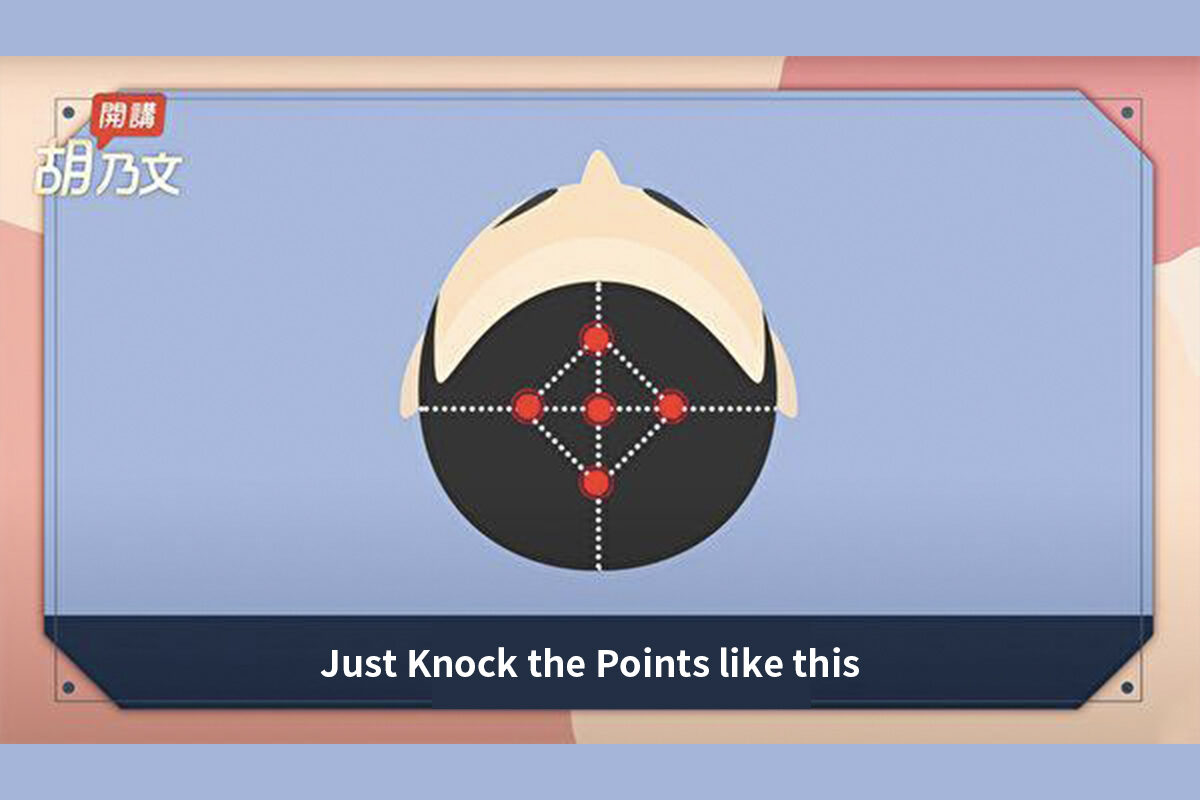Study Finds Your Neighborhood Is a Factor in Your Dementia Risk
An Australian study of nearly 5,000 people found that those who lived in wealthier suburbs scored significantly higher on memory tests and lower on dementia risk tests than those who were less affluent.
As the nation’s second leading cause of death, there has been a concerted effort to understand and identify risk factors for dementia. These include factors that cannot be changed, such as age and genetics and those that can be modified, including diet and lifestyle.
Published in JAMA Network Open, the Australian study used reaction time exercises and identification tasks to measure the memory and attention of adults aged 40 to 70 years.
Their risk of dementia was estimated using one of the most thoroughly investigated dementia prediction tools—the Cardiovascular Risk Factors, Aging, and Incidence of Dementia (CAIDE) score—which combines age, years of education, sex, history of hypercholesterolemia, history of hypertension, physical activity, and body mass index.
After adjusting for age, sex, race, years of education, and rurality, the researchers found lower neighbourhood-level socioeconomic status was associated with worse memory performance and higher dementia risk.
This was especially pronounced among those 55 years old and over. The wealthier the neighbourhood, the better the memory and the lower the dementia risk of the older adults living there.

This is in line with another study of over 20,000 Americans which found that neighborhoods played a significant role in cognitive health among older adults.
“There are hints in the literature that neighborhoods actually could play a really big role, but they’re largely overlooked,” University of Michigan scientist Jessica Finlay from the study said.
“We don’t often pay attention to the neighborhood context for people as they develop and navigate cognitive decline as they age.”
Access to Cultural Centers
One factor is the abundance of cultural spaces. Affluent neighborhoods offering recreation centers, gyms, pools, libraries, green spaces, health care, walkability, coffee shops, art galleries, and museums all appeared to be cognitive protectors as people age.
“People who lived in neighborhoods with ready access to civic and social organizations displayed higher cognitive scores than those who lived in neighborhoods with no immediate access to such organizations,” Finlay concluded.
“This is similar to a two-year difference in people’s age.”

Diet of the Wealthy
Another factor at play is one’s diet. In line with previous research from the U.S., the UK, and Norway, a population study of 3,430 adults found that higher soda consumption was linked with socioeconomically disadvantaged people.
People who drank diet soda daily have been found to be almost three times as likely to develop dementia when compared to those who do not.
Healthier foods such as vegetables, berries, nuts, olive oil, and fish are also typically more expensive. The Mediterranean diet, for example, shows potential benefits for brain health but is generally associated with a higher socioeconomic status.
One doesn’t have to make a huge overhaul; they could simply mix up watching TV with being around other people, frequent neighborhoods with shaded benches or outdoor exercise equipment in playgrounds and parks, and visit cultural centres to prevent or delay memory loss and dementia risk, according to the researchers.
Eating a balanced diet, learning new skills or languages, regular physical activity, staying socially connected, and getting a good night’s sleep have also been identified to protect and strengthen cognition.
An Exercise to Prevent Dementia
A healthy practice to support a strong mind and memory is to knock acupuncture points on one’s head to help prevent and delay dementia’s progression, according to Traditional Chinese medicine physician, Dr. Hu Naiwen.
He said the method can be done anytime, such as while waiting in the car at a red traffic light, travelling on a plane, or anywhere you find a moment to spare.
To do this, one needs to use a wooden, ox horn comb, or simply one’s hand to tap five pressure points on top of the head:
The “Baihu” pressure point is located on the top of the head, at the center of the intersection of the middle sagittal line and the connections of two ear apexes.
The “Sishengcong points,” are four acupuncture points located 1 cun, (approximately the width of thumb) respectively anterior, posterior, and lateral to the Baihu point.

In Traditional Chinese medicine, “qi” and blood are the most important fundamental substances necessary for life.
“Qi” can be understood as the “energy” or “vitality” that constitutes life in the body. This energy flows throughout the body to maintain life activities.
Illnesses or other conditions only appear when there is a qi imbalance or deficiency in the body.
Traditional Chinese medicine can treat diseases by stimulating corresponding acupuncture points to maintain “qi” and blood balance through massage and acupuncture.




